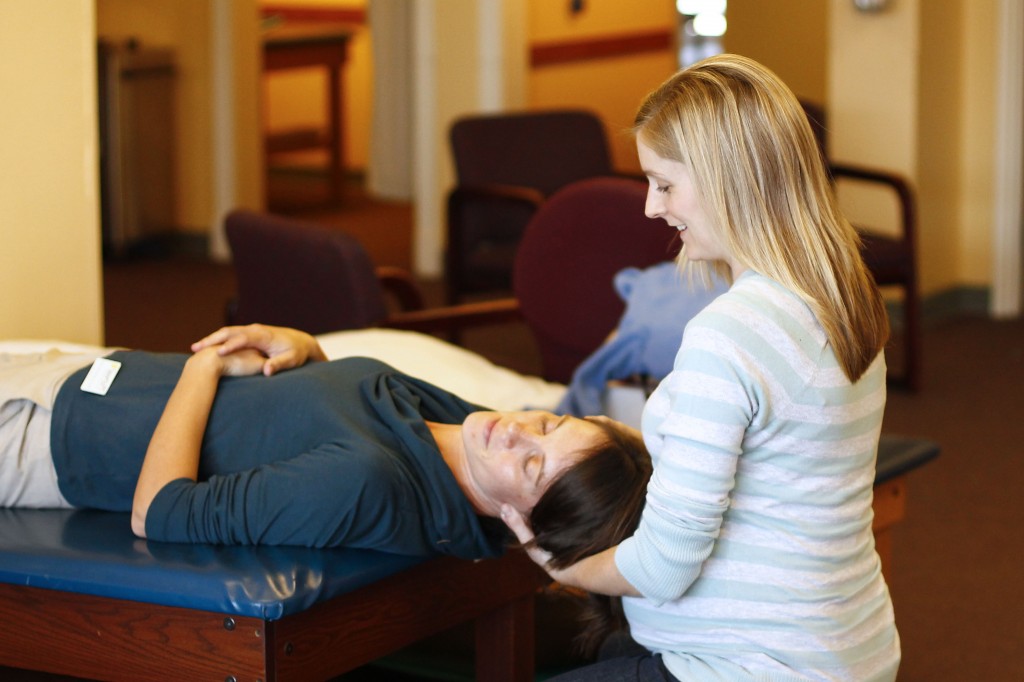- services
- Physiotherapy
- Manual Therapy
- Functional Dry Needling
- Electrophysical Modalities
- Prescriptive Exercise
- Concussion Management Program
- Custom Orthotics
- Medical Acupuncture
- Vestibular Rehabilitation
- Registered Massage Therapy
- EMS Shockwave Therapy
- Functional and Athletic Taping
- pelvic floor physiotherapy calgary
- Cosmetic Acupuncture Magic
- Customized Neck Pillow
- conditions treated
- Service Fees
- about us
- BOOK APPOINTMENT

